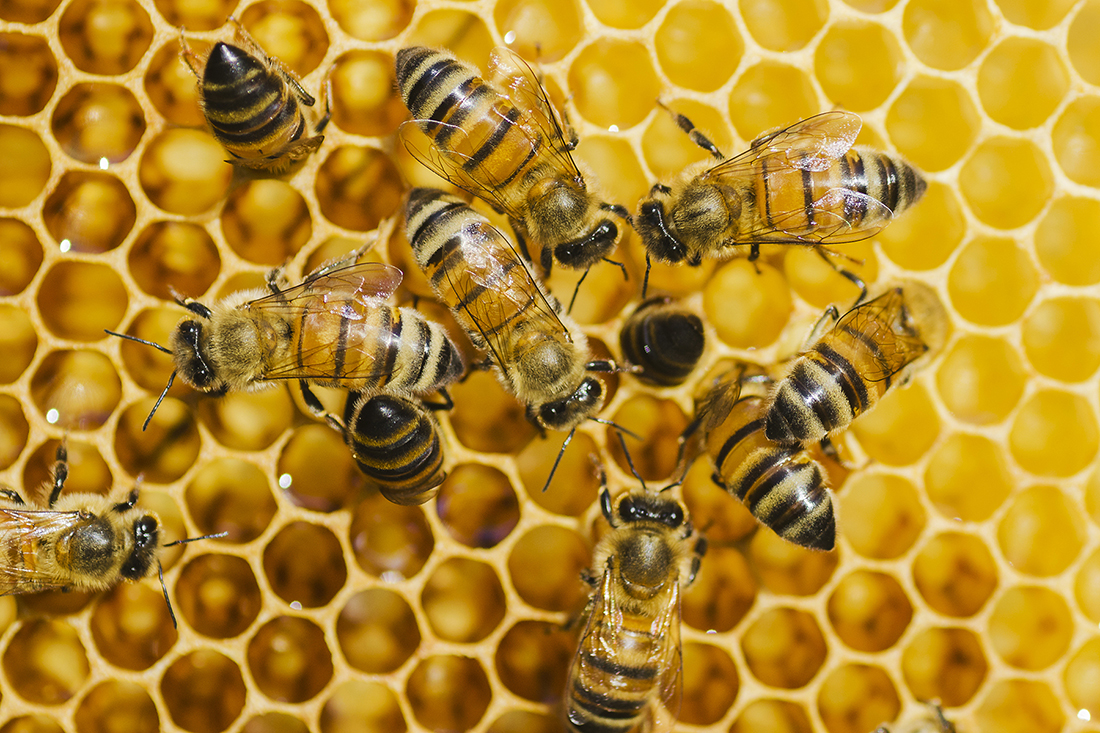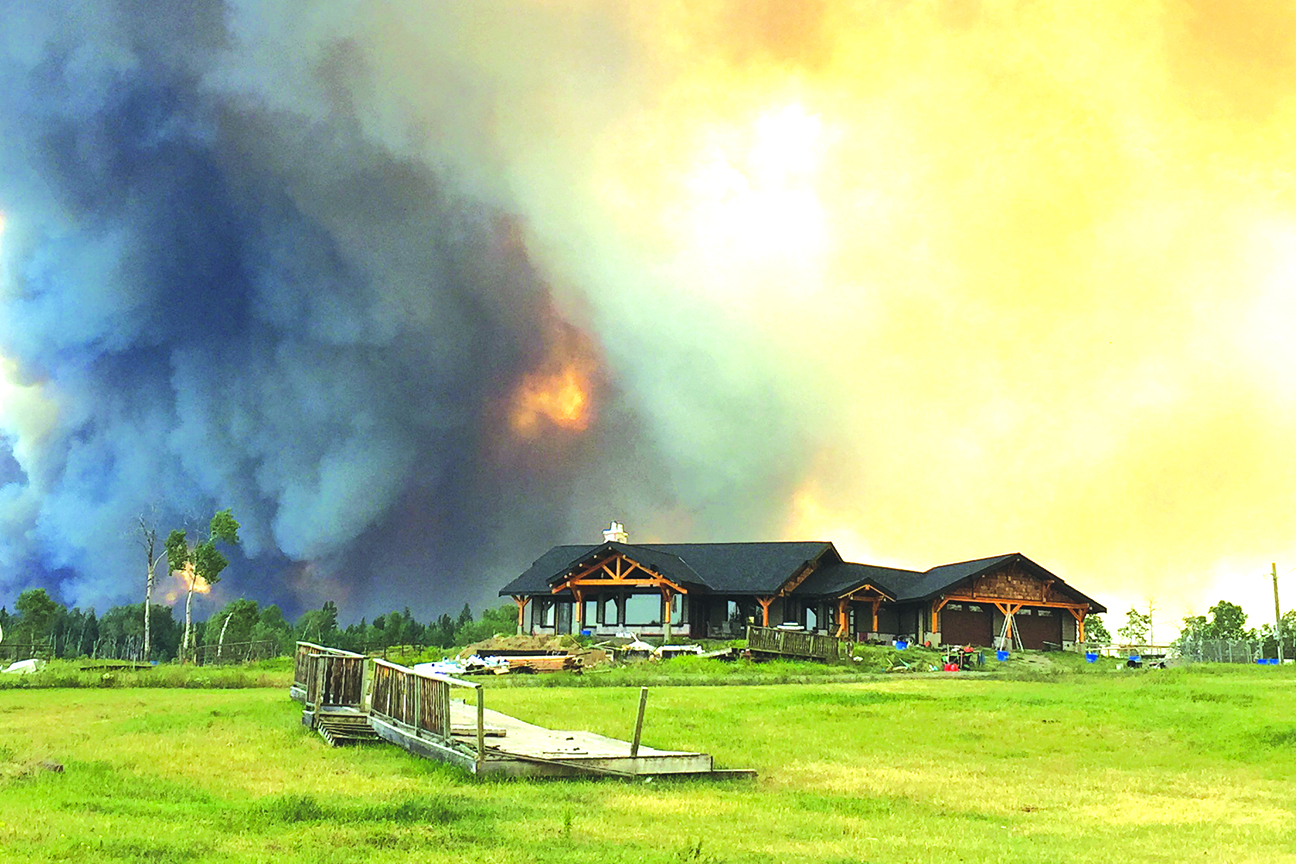Reports of colony losses across the province have beekeepers on edge this spring, and government wants to know how bad the problem is.
“Victoria wants me to give them details right now and with the help of the inspection staff we have been able to collect a bit of information on colony losses,” provincial apiculturist Paul van Westendorp told the semi-annual meeting of the BC Honey Producers Association in Kamloops on March 23. “Of course, the farther north you go the harder it gets, and for some areas there is no data.”
A survey of 5,500 colonies on the coast and in the southern Interior indicates an overall mortality rate of 48%, but it’s not the full story.
Van Westendorp says that as spring progresses, some colonies may recover.
“I already have an email from someone who says they cannot believe it but as soon as the weather changed, colonies that they thought that were in the process of collapsing bounced back up and are going full steam,” he says. “You need a bit of warm air, you need the first flowers to come in and things are starting to go.”
When pressed for reasons, van Westendorp was reluctant to draw conclusions, but shifting weather conditions could be one reason.
“We had an unusually mild winter until the end of January and somebody suddenly turned the switch and everything became super cold and exceedingly windy,” he said. “The Arctic out-flows really had a terrible impact on the bees.”
He said wasps are another factor, particularly for weaker colonies. But, since apiaries typically have a mix of weak and strong colonies, wasps try to induce chaos.
“Wasps will go in towards the weak colonies,” he explained. “They create an apiary-wide panic and start to try to get into all hives and then you have increased losses.”
Growers can mitigate wasp-related losses by setting up wasp traps early in the season to keep populations in check and give bees a fighting chance. If wasps are addressed later in the season, a colony may not have enough strength to survive the winter.
Van Westendorp wants beekeepers to complete the spring survey so the province has an accurate picture of mortalities. Beekeepers with 10 or more colonies will receive an email, but beekeepers can also visit [http://bit.do/BC-bee-survey].
“We would like to have information on where you operate your bees and what the wintering results have been in early May,” he says. “It’s painless, anonymous, and it takes about five minutes.”


